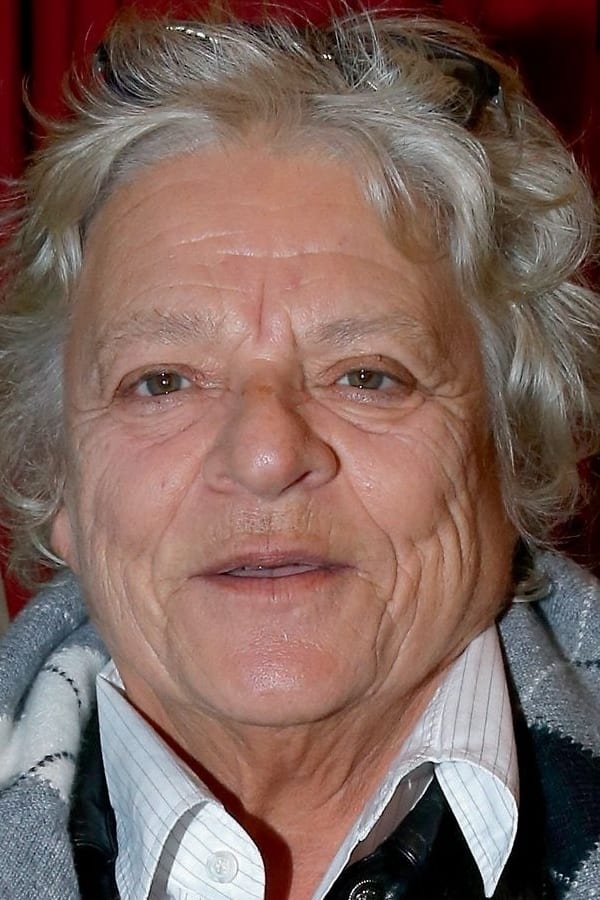

Josée Dayan (born 6 October 1943 in Toulouse, France) is a French film director, screenwriter and producer. Dayan grew up in Algiers, Algeria, where her father Albert Dagnant, who came from a Jewish family, worked as a television director; her grandmother was the owner of a cinema. Since 1974 she directed mainly movies for television. In 1979, under her direction, a documentary about Simone de Beauvoir appeared. Her most successful works are the 1998 TV mini-series The Count of Monte Cristo with Gérard Depardieu in the lead role, and the 2002 mini-series Les Misérables with Depardieu and John Malkovich. Then there is Balzac: A Passionate Life (1999) and Cet amour-là (2001), both with Jeanne Moreau,[5] and Raspoutine (2011) with Depardieu. A major success was Les Liaisons dangereuses (2003) with Catherine Deneuve and Nastassja Kinski in the leading roles. Source: Article "Josée Dayan" from Wikipedia in english, licensed under CC-BY-SA 3.0.